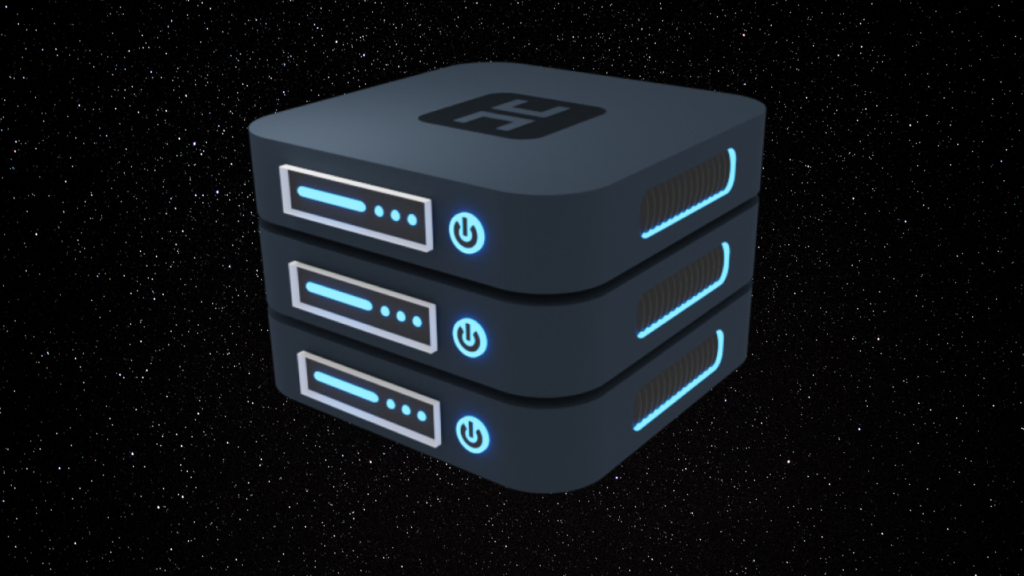
How to Set Up Your FiveM Server with txAdmin
Setting up your FiveM server has never been easier. Follow this step-by-step guide to configure your server, set up txAdmin, and get started quickly.
Your gaming server is the lifeblood of your online gaming world. No server, no game, right? Now, imagine it’s peak gaming time, your server goes down, and chaos ensues. Doesn’t sound fun, does it? Let’s get you equipped with the top 5 tips to keep your server going strong and avoid that dreaded “game over”.

Picture this: You’re the server’s doctor and regular check-ups are key. By continuously monitoring your server, you get to know its habits, quirks, and patterns. You’ll be the first to notice if something seems off, rather than being blindsided by a sudden failure.
Use tools like Nagios, Zabbix, or Datadog to keep an eye on server health. They’ll alert you to issues like high CPU usage, low memory, or network bottlenecks before they become big problems. Early warnings equal early fixes, keeping your game up and running smoothly.
Think of your server like a high-performance sports car. It needs regular maintenance to stay in top shape. Regular server updates, software patches, and hardware checks are your server’s oil change and tune-up.
Set a regular schedule for maintenance. Make sure it’s during off-peak hours to minimize player disruption. And remember, it’s better to schedule a little downtime for maintenance than to have an unexpected server crash during peak gaming time.
Remember the Boy Scout motto, “Be Prepared”? That’s your new server motto too. Regular backups of your server are like an insurance policy for your gaming world. They ensure that, in case of a disaster, you can restore your server to its previous state and get your game back up and running.
Consider using tools like Acronis or Veeam for automated backups. But don’t just set it and forget it. Regularly test your backups to make sure they’re working correctly. Because a backup that doesn’t restore is like a parachute that doesn’t open.
Your server is a workhorse, and workhorses can get hot. A server room fire can lead to a complete system failure, and that’s a game over scenario you don’t want.
Invest in a good fire suppression system. Unlike water-based systems, gas-based fire suppression systems won’t damage your electronics. It’s a small investment that could save your server—and your game—in case of fire.
Running a gaming server doesn’t have to be a high-stress, high-stakes endeavor. With these tips under your belt, you’re well on your way to avoiding server failures and keeping your gaming world alive and thriving. So, keep your server monitored, maintained, backed-up, and protected from fire. Because the only “game over” should be in the game itself, not your server.

Setting up your FiveM server has never been easier. Follow this step-by-step guide to configure your server, set up txAdmin, and get started quickly.

Effortlessly automate your game server with schedules. Learn how to set up Cron timings and assign tasks like sending commands, restarting, or creating backups for seamless server management.

Want to continue your progress on your Farming Simulator 25 server? Here’s how to upload your save game: